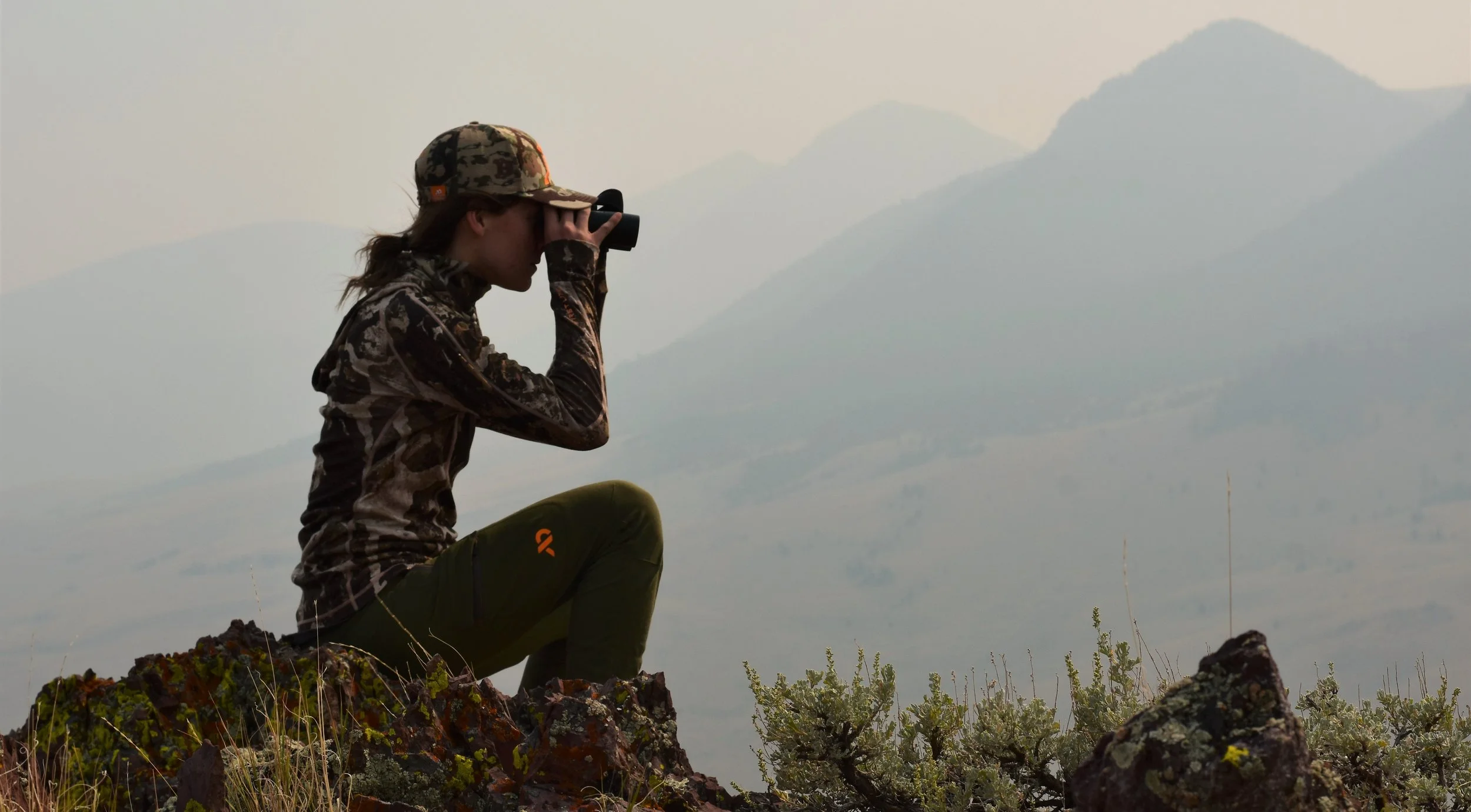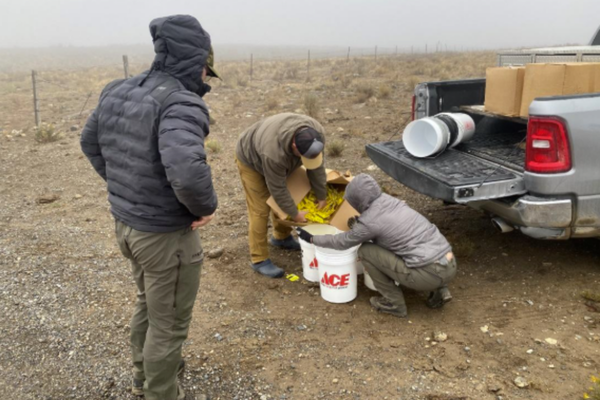Recovering America’s Wildlife Act: The Answer to Declining Wildlife Across the U.S.
Proactive Bipartisan Bill offers a solution to match the scale of the problem.
Background: The Idaho Department of Fish and Game and all state wildlife agencies are tasked with managing all fish and wildlife within their state, yet are funded almost entirely (80%) by sportsmen license fees and matching funds from successful federal programs like the Pittman-Robertson and Dingell-Johnson Acts. These funds were lobbied for by sportsmen as a self imposed tax on hunting and fishing equipment sales so that money could pay for habitat projects and management of fish wildlife populations. License dollars and their matching funds worked well for a long time, but since enacting the “user pays” model the US population has more than doubled. Consider that most of this population growth was not upward in cities, but outward into the wildland-urban interface, which has developed and pressured wildlife and habitats.
Current Situation: American game species have enjoyed proliferation since sportsmen began paying for management practices that contribute to their abundance. However, these days even mule deer populations in Wyoming are beginning an alarming downward trend. Sensitive game and non-game fish and wildlife species (goats, big horn sheep, insects, amphibians, feeder fish, small mammals, salmon, birds, etc.) populations on average have declined 50% since the 1970s. It doesn’t take a scientist to know that without a healthy ecosystem, abundant sport fish and game will follow the same path.
The Problem: Continued decline of species results in enacting the safeguard mechanisms of the Endangered Species Act (ESA). Often times, regulations associated with ESA listing results in controversial restrictions on land use. To prevent ESA listing and create certainty for land uses like grazing or energy development , and to enhance the intrinsic ecologic, social, and economic value of America’s fish and wildlife, we need a proactive recovery strategy.
The Solution: The Blue Ribbon Panel, made up of the country’s top government and wildlife officials, and leaders in industry like Bass Pro Shop’s CEO and Shell Americas’ EVP, was charged with examining the current system of conservation funding and recommending a new mechanism that will conserve all fish and wildlife. After many deliberations and over two dozen plans, the Panel found consensus: current wildlife funding mechanisms aren’t adequate. The only way to not only halt the decline of America’s wildlife, but recover populations, is the formation of an annual fund of $1.3 billion to be distributed to wildlife management agencies for specific use of state identified species of greatest need of conservation. View the Blue Ribbon Panel report here. The deliverance of this funding mechanism is identified as the Recovering America’s Wildlife Act (RAWA).
The Benefits to Wildlife: Funds must be used to recover species of greatest conservation need, identified by each state in the U.S. But habitat enhancement, research, monitoring, restoration projects, for these species will also benefit species not at-risk that live in the same regions. For instance, big horn sheep habitat restoration also benefits goat, elk, deer, and more. Steelhead habitat restoration will support other treasured game fish.
The Benefits to Sportsmen: This fund will benefit Idaho sportsmen in several ways. The weight of being the sole funders of wildlife management will finally be lifted from sportsmen shoulders. Our dollars have been used to benefit game and non-game species management while everyone, non-hunters included, has benefited. Game species share habitat with species identified as “in greatest need of conservation”. Funds allocated by RAWA will provide for habitat restoration and ecosystem resiliency, ultimately supporting all sport fish and game. Additional funds will provide more access for hunting and fishing.
The Benefits to Industry: RAWA is a proactive measure that will keep species off the endangered species list and prevent controversial restrictions that come with listing. That is why the bill has support from large fossil fuel and renewable energy companies, motorized recreation groups, hunting, fishing, and shooting groups.
The Next Steps: IWF is leading the effort to deliver co-sponsorships or yes-votes from our congressional delegates. The bill currently has two Republican sponsors and one Democrat. IWF is collecting support from sportsman and wildlife organizations around the state as well as industry support. If your club or business is interested in supporting RAWA, contact IWF and we will bring your names to our congressional delegation in DC. The bill has been introduced with positive reactions. Read this article from Republican co-sponsor Rep. Jeff Fortenberry’s home state of Nebraska, and how RAWA will positively impact duck hunting there.
What Can You Do?
Edited for June, 2022
Click this link to send a letter to Idaho’s Congressman Fulcher and ask him to vote YES on Recovering America’s Wildlife Act when it is introduced next week!







